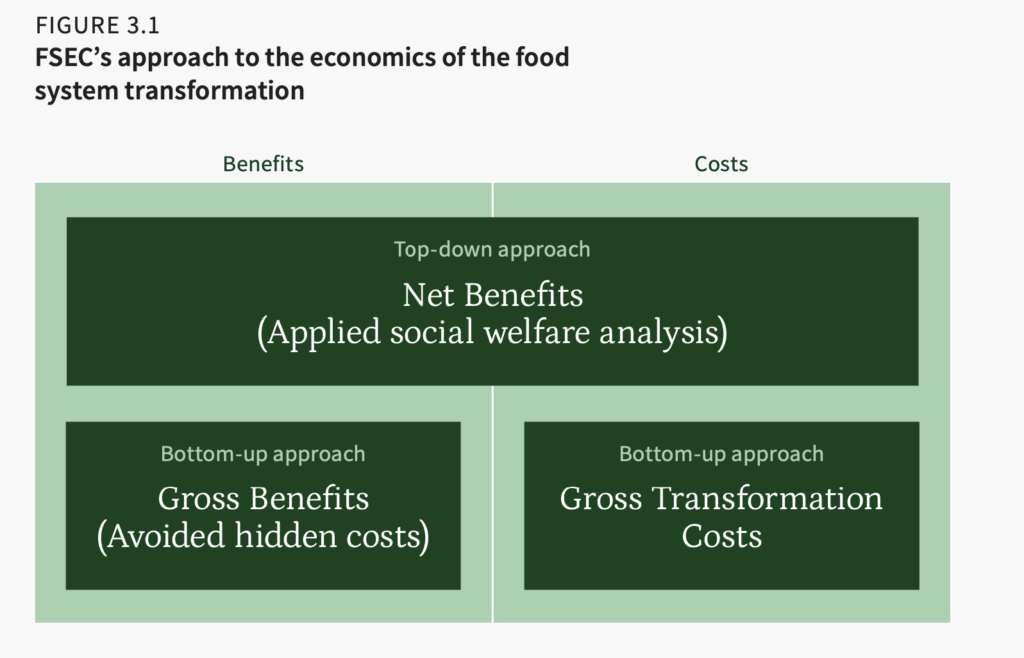According to the Global Policy Report from the Food System Economics Commission (FSEC), there is a pressing need for a complete overhaul of existing food systems. The report highlights that such transformation is not only social and environmental but also have immense economic potential.
Our current food systems have managed to feed the growing global population, but they are now reaching a critical point. This is particularly concerning since the world’s population is expected to grow, resulting in an even greater demand for food.
A FSEC Global Policy Report analyses the hidden costs associated with today’s food systems and provides a framework for addressing these issues. According to this analysis, the benefits of a food systems transformation are worth between 5 and 10 trillion USD per year. The impact can be seen in the form of improved nutrition and food security, but also reduced carbon emissions, better energy usage, and a more protected environment.
Achieving these results would however require a yearly investment of between 200 and 500 billion USD, highlights Vera Songwe, Nonresident Senior Fellow at the Brookings Institution, who contributed to the Report:
“This change is essential, and we can make it happen. To start, we must provide a menu of options since we are speaking to the entire planet – all 9 billion of us.”
Not a one-size-fits-all solution
The challenge lies in making the right policy decisions, which is possible but not easy.
Regional differences must be factored in when making decisions and policies. While, there is growing recognition that systemic changes are needed to provide access to healthy and sustainable diets, more attention should be paid to the different priorities across regions. According to the report, more than 770 million people worldwide are obese, while 730 million are undernourished.
The report provides a framework for addressing these issues, which can lead to enormous benefits, estimated to be around 10 trillion USD annually, “more than food systems contribute to global GDP”. Additionally, external benefits include reduced carbon emissions, better energy usage, and a more protected environment.
Modelling the food system transformation
The report’s core model examines the period from 2020 to 2050, contrasting business-as-usual with the Food System Transformation (FST) path. The FST path could contribute five to ten trillion dollars annually, showcasing a significant economic benefit compared to the estimated 200 to 500 billion USD yearly cost of global food system transformation.
The report advocates for policy adjustments, including tax incentives, agricultural redirection, promoting healthier diets, and investing in innovation. Inclusivity is a key focus, where short-term negative impacts on certain populations should be mitigated so that economic gains benefit everyone.

